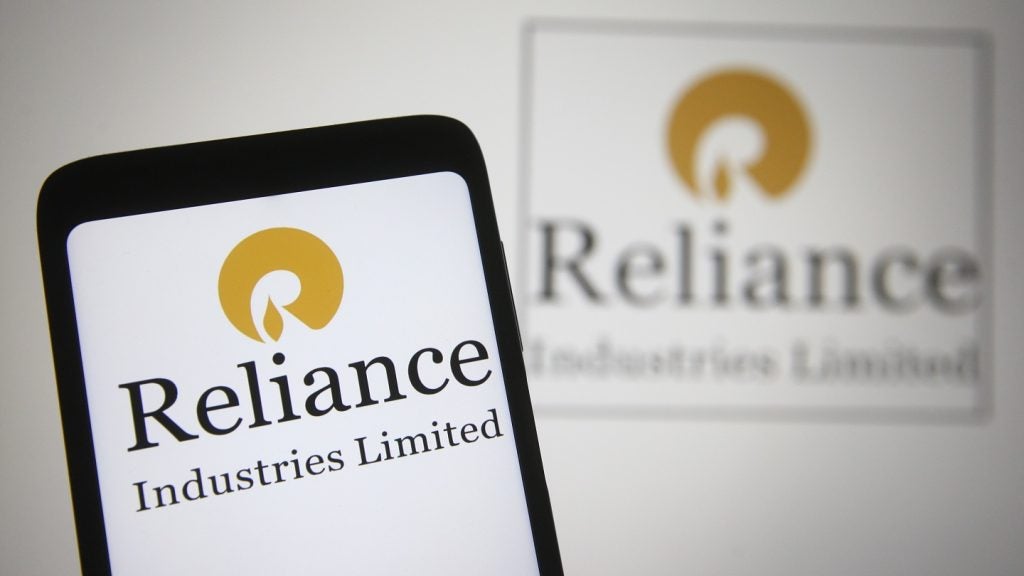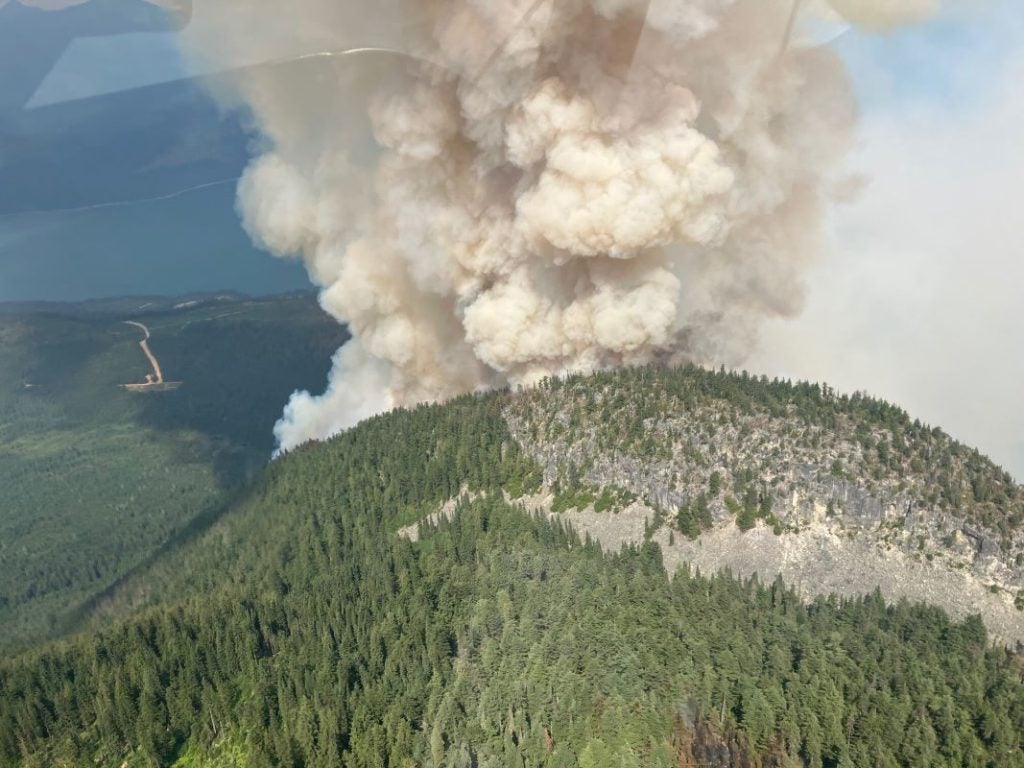The oil & gas industry continues to be a hotbed of patent innovation. Activity is driven by the need for more efficient data collection for asset inspection and surveying, while enhancing safety and reducing environmental impact. Digital technologies are playing a transformative role in meeting these objectives and this is characterized by the growing importance of technologies such as artificial intelligence (AI), edge computing, Internet of Things, and robotics. In the last three years alone, there have been over 523,000 patents filed and granted in the oil & gas industry, according to GlobalData’s report on Robotics in oil & gas: tethered drones. Buy the report here.
According to GlobalData’s Technology Foresights, which uses over 196,000 patents to analyze innovation intensity for the oil & gas industry, there are 60+ innovation areas that will shape the future of the industry.
Tethered drones is a key innovation area in robotics
Tethered drones are unmanned aerial vehicles that are attached to a tether, typically a cable or a rope, which connects them to a ground station. This enables them to fly for extended periods of time and perform various tasks such as inspecting structures, monitoring agricultural land, and spraying crops.
GlobalData’s analysis also uncovers the companies at the forefront of each innovation area and assesses the potential reach and impact of their patenting activity across different applications and geographies. According to GlobalData, there are 30+ companies, spanning technology vendors, established oil & gas companies, and up-and-coming start-ups engaged in the development and application of tethered drones.
Key players in tethered drones – a disruptive innovation in the oil and gas industry
‘Application diversity’ measures the number of applications identified for each patent. It broadly splits companies into either ‘niche’ or ‘diversified’ innovators.
‘Geographic reach’ refers to the number of countries each patent is registered in. It reflects the breadth of geographic application intended, ranging from ‘global’ to ‘local’.
Patent volumes related to tethered drones
| Company | Total patents (2021 - 2023) | Premium intelligence on the world's largest companies |
| Halliburton | 36 | Unlock Company Profile |
| Saudi Arabian Oil | 26 | Unlock Company Profile |
| Exxon Mobil | 17 | Unlock Company Profile |
| Yara International | 14 | Unlock Company Profile |
| Doosan | 12 | Unlock Company Profile |
| BASF | 12 | Unlock Company Profile |
| China Petrochemical | 11 | Unlock Company Profile |
| Tokyo Gas | 9 | Unlock Company Profile |
| NOF | 7 | Unlock Company Profile |
| Nileworks | 6 | Unlock Company Profile |
| Oceaneering International | 6 | Unlock Company Profile |
| NOK | 5 | Unlock Company Profile |
| The Hong Kong and China Gas | 4 | Unlock Company Profile |
| X Development | 4 | Unlock Company Profile |
| Corteva | 3 | Unlock Company Profile |
| State Grid Corporation of China | 3 | Unlock Company Profile |
| Zhengzhou Xuanyi Robot | 2 | Unlock Company Profile |
| Korea Development Bank | 2 | Unlock Company Profile |
| Makani Technologies | 2 | Unlock Company Profile |
| Sumitomo Chemical | 2 | Unlock Company Profile |
| Sanyo Chemical Industries | 2 | Unlock Company Profile |
| Daicel | 2 | Unlock Company Profile |
| Sekisui Chemical | 2 | Unlock Company Profile |
| Shenzhen Lingdu Intelligent Control Technology | 1 | Unlock Company Profile |
| Guangdong Rongqe Intelligent Technology | 1 | Unlock Company Profile |
| DIC | 1 | Unlock Company Profile |
| Guangzhou Development Group | 1 | Unlock Company Profile |
| Petroleo Brasileiro | 1 | Unlock Company Profile |
| Deutsche Telekom | 1 | Unlock Company Profile |
| Toray Industries | 1 | Unlock Company Profile |
| Alphabet | 1 | Unlock Company Profile |
| ACSL | 1 | Unlock Company Profile |
Source: GlobalData Patent Analytics
Halliburton is one of the leading patent filers in tethered drones. The company is collaborating with technology players to develop and deploy drones for remote monitoring of oil and gas platforms, performing routine inspections, and other such tasks that would otherwise take considerable hours to do using field personnel. Some other key patent filers in tethered drones include Saudi Aramco, ExxonMobil, and Yara.
In terms of application diversity, Alphabet leads the pack, while Makani Technologies and X Development stood in the second and third positions, respectively. By means of geographic reach, Yara held the top position, followed by Halliburton and Saudi Aramco.
Oil and gas companies are increasingly using tethered drones to boost productivity, mitigate human errors, and reduce time and costs.
To further understand the key themes and technologies disrupting the oil & gas industry, access GlobalData’s latest thematic research report on Robotics in Oil and Gas.
Data Insights
From

The gold standard of business intelligence.
Blending expert knowledge with cutting-edge technology, GlobalData’s unrivalled proprietary data will enable you to decode what’s happening in your market. You can make better informed decisions and gain a future-proof advantage over your competitors.







